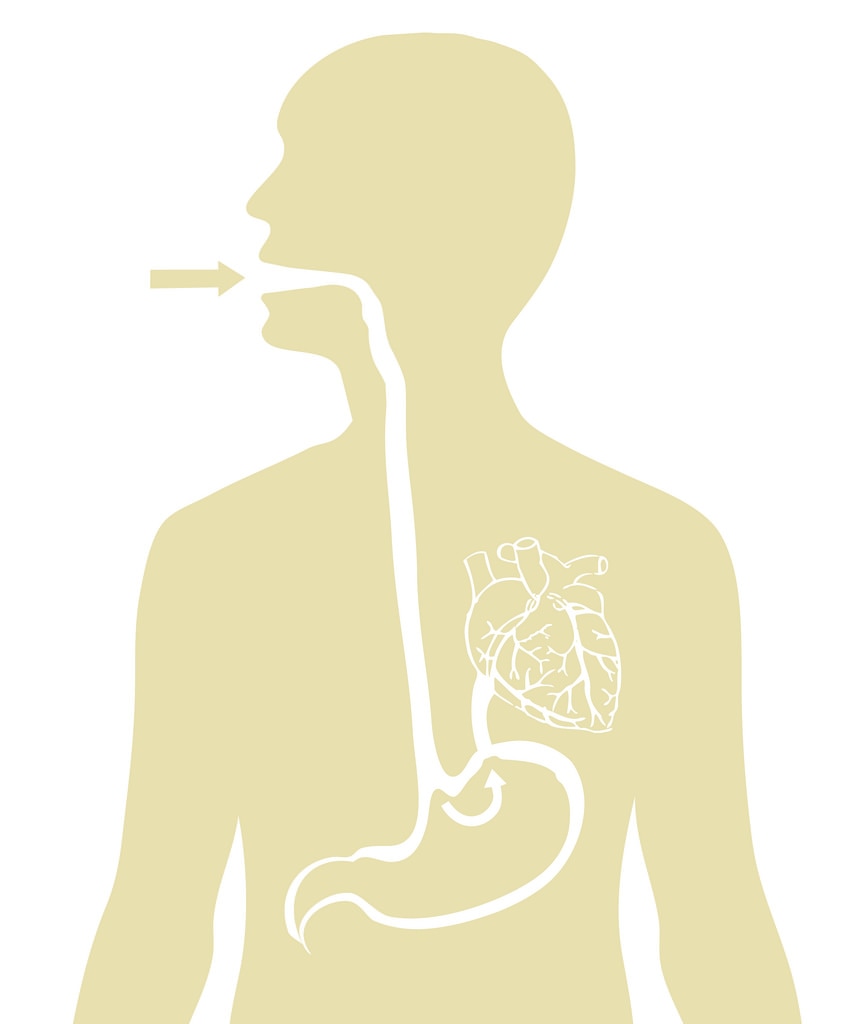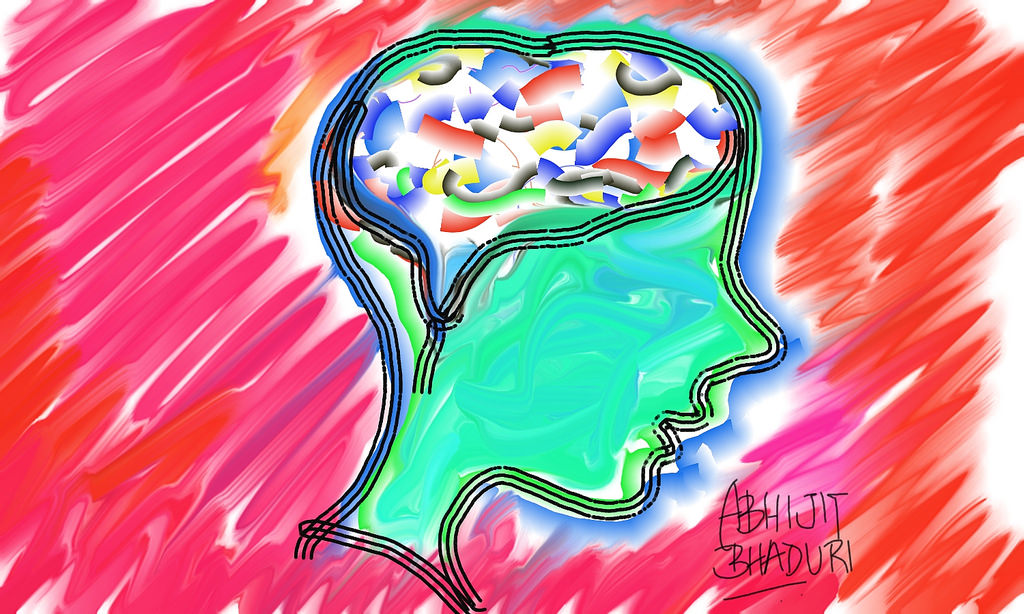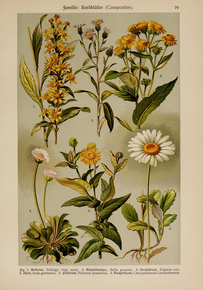If you’re feeling this way, and trust me I can relate, may I make a suggestion? STOP! That’s right, I mean you Mom running around trying to get all the errands done before school lets out. That means you too Dad, organizing the kids for hockey while also trying to help the others finish their homework. Whatever your family’s particular rhythm, just STOP for a second.
So many of us fall into the trap of the routine. Routines help us function in our everyday life. If we had to make a new decision about everything, everyday we’d go crazy. However, when we fall into the trap of routine, then time can fly by without us noticing it and we miss being present in the moment. For anyone who practices mindfulness, or has read some Buddhist philosophy, you will know how important it is to be in the moment.
KEEP ON GROWING! If I can help you with this or any other aspect of your health you’re looking to improve, you know where to find me ;)
0 Comments
When women were surveyed about stress related to work these were the results: Women were more likely than men to report work stress — 28 per cent said they had high-strain positions and 17 per cent said they had low-strain jobs, while 20 per cent of men reported high-strain jobs and 24 per cent said they had low-strain positions. (CBC News, 2007). One-third of women surveyed said they were a bit or extremely stressed most days at work — versus 29 per cent of men (CBC News, 2007).
I am here to suggest another way of looking at self care for you super powered women. Instead of seeing it as ‘it’s all about me’ time, think of it as a necessary task that deserves time and space on your to-do list in order for you to better care for your family. Take a moment and think about that for a second. I know, it seems strange to think of ‘me time’ or self care time as caring for your loved ones, but it’s true. If you are completely exhausted, no energy, nothing left to give of yourself, what kind of ‘care’ could you possibly be providing for your family?
Then I ask them what’s the quality of that interaction? Do you have the time and space to be patient with your kids when they are attempting to drive you insane? What’s your relationship with your husband/partner like? If this at all describes you, you know what the answers are already. You lose your temper easily, when you don’t mean to. You love your kids, but you are at the point where you do what you do for them begrudgingly. What relationship with my husband? I’m lucky if I see him, forget spending anything that resembles quality time with him.
Have more questions about what Naturopathic Medicine can do for you and your family? Take advantage of our 15 minute consults to find out more today. References: CBC News: Technology & Science. (2007). Work stress leads to increased absenteeism, disability: StatsCan. Retreived May 27, 2017: http://www.cbc.ca/news/technology/work-stress-leads-to-increased-absenteeism-disability-statscan-1.636782
Well that has to do with the composition and state of the small and large intestine. There’s anywhere from about 10-100 billion microbes present in the small and large intestine. This helps us understand why giving a probiotic or eating fermented foods makes a difference, because there’s enough probiotics present in the average capsule to replenish and encourage growth of good bacteria. Also, the small intestine is approximate 20 ft long, so it houses about 95% of the bacteria that live in our intestines. The large intestine on the other hand is only 4 ft long, but because things are moving much slower through the large intestine the bacteria layer in the mucosa can be up to 200 cells thick, compared to 1 cell thick in the small intestine. This allows this shorter stretch of organ to still accommodate 10-100 billion microbes. Research: As I mentioned before there are many studies that have been done and are currently being done on the effects of probiotics and the microbiome as a whole. If you did a simple google or pubmed search you would come up with 1000s of results. I can’t summarize all of them, but here are a few highlights: INFANTS AND PROBIOTICS Eczema, asthma and allergy have become much more of a problem over the past few decades than they ever were before. In the Swansea baby Allergy Prevention Trial they looked to see if intervening with probiotics at an early age could reduce the incidence of allergy, and atopic conditions by extension. The intervention was given to newborns for the first 6 months after birth. The outcome was a follows: Placebo group: Almost 10% of infants had atopic eczema at 6 months; Approximately 13% of infants had atopic eczema at 2 years. Probiotic group: Approximately 3% of infants had atopic eczema at 6 months; almost 6% of infants had atopic eczema at 2 years. The overall reduction of infants with allergy was 57% at 2 years. Remember, they only received treatment for the first 6 months. This demonstrates that the positive benefit of intervention goes beyond the intervention period. PROBIOTICS AND ANTIBIOTICS Most people are aware that we should take probiotics when we take an antibiotic. However, how much, when and for how long make a difference? One study, The Cambridge Clostridium difficile trial looked at the impact of probiotics to prevent/reduce C. difficile infection and associated diarrhea in patients receiving antibiotics. The outcome was as follows: Antibiotic/Placebo group: When tested at Day 28 they still had overgrowth or dysbiosis present Antibiotics followed by probiotic: They had a growth of bacteria up to Day 7, but then at Day 28 there was a significant decrease in bacterial overgrowth Antibiotics with Probiotics: There was no overgrowth of bacteria at Day 7 or 28 because the probiotics were present throughout antibiotic treatment This study demonstrates that by taking probiotics while receiving antibiotics you can decrease the chances of bacterial overgrowth occurring at all. However, it is still beneficial to intervene with probiotics later on as it will help to bring bacterial overgrowth under control.
Choices: Making sense of what’s available on the market As happens with most things in the market, as they get more popular there tends to be more people interested in developing a product for it. Over the last few years we’ve seen a huge increase in the number of probiotics available at the store. Knowing you have all these choices, how do you make the right choice for you? Well, there’s no short and easy answer to that. There are a number of factors you want to consider:
Knowing these things makes it much easier for you to select an appropriate probiotic. If you don’t know the answer to these questions or aren’t sure, then you may want to speak to a Naturopathic Doctor or other healthcare professional. When I go through this process with my patients, we figure out which probiotic (if any) might be best for them so it’s much easier to find what they need when they go to purchase a product from the health food store. Have questions about probiotics or how to improve your gut health overall? Please email me through the website ‘contact’ page or get in touch with me directly. Note: Talk to your Naturopathic Doctor today about getting assessed and treated if needed, and as always talk to your health care provider before beginning any new medication or supplement. This information is not meant to replace the advice/guidance of a medical professional, nor should it be acted upon by individuals unsupervised by the appropriate healthcare provider. References: Allen SJ et al 2014 Arch Dis Child Plummer et al 2005, Int J Antimicrob Agents 26
Why do we need to worry about sugar? Sugar in the blood is not a bad thing on its own. In fact, without this important fuel we wouldn’t last very long. However, like most things, in the right amount we stay healthy, but when we have too little sugar or too much, that’s when problems arise. Our main method of procuring this fuel is eating and drinking. Anything we consume, our body breaks down into it’s most basic building blocks, glucose, which is sugar, being one of them. Once broken down, the body shuttles the glucose to where it’s needed. If you’re playing a game of tag, then you’re going to need glucose for your muscles. If you’re studying for a big test, then you need glucose for your brain. The blood is simply the highway system in your body that transports the glucose (along with many other things) throughout the body until it reaches it’s final destination.
What can we do? Eating Well We know that balance is important, but what are some easy and crucial things we can do to improve our blood sugar balance. One, you may have guessed, is being mindful of what you eat! Proper nutrition is really a cornerstone of good health. Start with eating a diet focused on good whole foods, which includes 5-10 servings of fruit and vegetables a day, whole grains (complex carbs), good proteins and healthy fats. Then avoiding excess sugar, like soft drinks. Did you know that there can be as many as 6-10 tbsp of sugar in 1 can of pop? Another helpful trick is to have either protein or fat with each meal. Not only do they help you feel more full for longer, they also modulate the rush of sugar coming into the body. If we’re looking at a curve of blood sugar levels, this is what happens if we have sugar by itself, a big spike and then decline about an hour to a few hours later. This is why people who have a chocolate bar for their afternoon snack feel like they have lots of energy and focus for the first hour or so after, but end up feeling more tired later on when their blood sugar plummets. If you eat fat or protein with your other foods, it helps to temper this spike in blood sugar so you don’t have a huge increase and subsequent decrease of blood sugar and corresponding energy levels.
Blood sugar levels have a story to tell about our health, and every choice you make with your diet and lifestyle habits writes that story. Make sure you make the right choices for you: eat right, exercise and modify your stress. Your family and your future self will thank you for taking steps to ensure that your blood sugar story is writing about a long and healthy future.
Have questions about how you and your family can reduce your sugar intake? Ask me about it by emailing me through the 'contact me' section or give me a shout at the office. I'm here to help you achieve your best possible health. Note: Talk to your Naturopathic Doctor today about getting assessed and treated if needed, and as always talk to your health care provider before beginning any new medication or supplement. This information is not meant to replace the advice/guidance of a medical professional, nor should it be acted upon by individuals unsupervised by the appropriate healthcare provider. References: Silverthorn, D.U. 2010. Human Physiology An Integrated Approach. Fifth Edition. Pearson International Edition. Stats Canada. 2016. Obesity in Canada: A Whole-of-Society Approach to a Healthier Canada: http://www.parl.gc.ca/content/sen/committee/421/SOCI/Reports/2016-02-25_Revised_report_Obesity_in_Canada_e.pdf WebMD. Fit Jr. (2016). Just a Spoonful of Sugar Adds Up: http://fit.webmd.com/jr/food/pdf/pdf-sugar-adds-up  February Is Heart Health Month In the spirit of reminding everyone about the importance of keeping your heart healthy, this post is going to be all about heart health and how to recognize the warning signs of heart attack. Did You Know? Every 7 minutes in Canada, someone dies from heart disease or stroke (Statistics Canada, 2011c). Heart disease and stroke are two of the three leading causes of death in Canada. These statistics are based on 2008 data (the latest year available from Statistics Canada).
What Is Heart Disease? Cardiovascular diseases are defined as diseases and injuries of the cardiovascular system: the heart, the blood vessels of the heart and the system of blood vessels (veins and arteries) throughout the body and within the brain. Stroke is the result of a blood flow problem in the brain. It is considered a form of cardiovascular disease. How Can I Tell Someone Is Having a Heart Attack? Common Symptoms - Pain in the chest/ arm, often the left arm. For women, a more common symptom is jaw/neck pain. - Stomach pain, can feel similar to heartburn - Shortness of breath - Anxiety. Some people actually describe feeling ‘an impending sense of doom’ - Lightheadedness - Sweating - Nausea and vomiting Are Symptoms Always Obvious? Most heart attacks begin with subtle symptoms — with only discomfort that often is not described as pain. The chest discomfort may come and go. Don't be tempted to downplay your symptoms or brush them off as indigestion or anxiety. Don't "tough out" heart attack symptoms for more than five minutes. Call 911 or other emergency medical services for help. If you don't have access to emergency medical services, have someone drive you to the nearest hospital. Drive yourself only as a last resort, if there are absolutely no other options. Heart attack symptoms vary widely. For instance, you may have only minor chest discomfort while someone else has excruciating pain. One thing applies to everyone, though: If you suspect you're having a heart attack, call for emergency medical help immediately. What Can Naturopathic Medicine Do for Heart Health? One of the central tenants of Naturopathic Medicine is teaching the principles of healthy living and preventative medicine. That means we work to help prevent heart disease BEFORE it happens. We can utilize many tools to help you achieve optimal health:
We'll formulate an individualized treatment plan focusing on your particular risks and needs to significantly decrease your risk of heart attack and stroke. That being said, there are also many things we can do after a heart attack or stroke to increase healing, decrease recovery time and maximize your quality of life.
Have more questions about what Naturopathic Medicine can do for you and your heart? Take advantage of our Free 15 minute consults to find out more today. References: Heart and Stroke Foundation of Canada. ‘Health Information’. http://www.heartandstroke.com/site/c.ikIQLcMWJtE/b.3484021/k.7C85/Heart_Disease.htm Mayo Clinic. Heart Attack Symptoms: Know what’s a medical emergency. http://www.mayoclinic.org/diseases-conditions/heart-attack/in-depth/heart-attack-symptoms/art-20047744 Murray M. & Pizzorno, J.. (1998) Encyclopedia of Natural Medicine (2nd Ed.). Heart Disease, pg 500-507. Three Rivers Press. Godfrey A. & Saunders P.R. (2010) Principles & Practices of Naturopathic Botanical Medicine: Volume I: Botanical Monographs. Cardiovascular System, pg. 81-138. CCNM Press. |
Sarah Connors
I am a Naturopathic Doctor and Doula providing care in the Kitchener-Waterloo area. I have a passion for helping people with their health issues and improving the birth experience for Moms, and their babies. I also have a life long love affair with soccer, curling, and the alto saxophone. Archives
November 2020
Categories
All
|
Photos from Rural Royalty, manu flickr2010, Ryan Dickey, wocintechchat, huskyte77, paulswansen, Black Room Photography, harum.koh, Emery Co Photo, JeepersMedia, BrownGuacamole, wellnesswildflower, JeepersMedia, vastateparksstaff, colindunn, seelensturm, /\ \/\/ /\, 50mm.za, The Simpsons (Lee, Shirley, Luke and Rachel), AGRONAUTI, aivas14, Jonathan Rolande, winnifredxoxo, juhansonin, osseous, nan palmero, Theo Crazzolara, brianfagan, TP studio, wuestenigel, torbakhopper, anka.albrecht, Michael Stern, [-ChristiaN-], franchiseopportunitiesphotos, terren in Virginia, nateOne, barnimages.com, Dun.can, wuestenigel, @lattefarsan, amandabhslater, aphrodite-in-nyc, nutritionaldoublethink, Anne Worner, donnierayjones, mikecogh, angeloangelo, Rob.Bertholf, getaiwan, Lida Rose, matsuyuki, SurFeRGiRL30, marcoverch, amsfrank, mdaltry, nutrition education, Mike Prince, Edsel L, Neighborhood Nini, philipp.alexander.ernst, Mediocre2010, homethods, quinn.anya, Gamma Man, katerha, Eric Kilby, National Institutes of Health (NIH), rcmd_cfdfw_5_2, curtis palmer, Ray in Manila, frankieleon, Airsoftpal.com, byzantiumbooks, cchana, Brian Legate, Matt Lavin, BradHinton, monpetitchouphotography, wuestenigel, alexisjordanlewis, ByEPhotos, erix!, RLHyde, return the sun, quinn.anya, mliu92, frankieleon, loudista, Lyn Lomasi, upslon, derrickbrutel, cchana, National Institutes of Health (NIH), watts_photos, marcoverch, derrickbrutel, francesbean, weegeebored, Airsoftpal.com, Etwood, wu_135, shixart1985, Ingrid Taylar, VeritasFotografie, BioDivLibrary, emmanuelmorales1, Thanks for 1.5 Million Views!!, Will Merydith, reader of the pack, RoxyHobbs, Khanelle Prod' Medias, storyvillegirl, agromonitor, Arenamontanus, six:eleven, cote, SweetOnVeg, nenoirenediaz, lucianvenutian, markhillary, anotherlunch.com, inkknife_2000, archibald jude, rawtrigger, Imaginary Museum Projects: News Tableaus, Pavel P., Courtney Emery, Thien Gretchen, physiognomist, bark, Michigan Municipal League (MML), alberth2, Merelymel13, neofob, Care_SMC, Parker Knight, B*2



















 RSS Feed
RSS Feed
